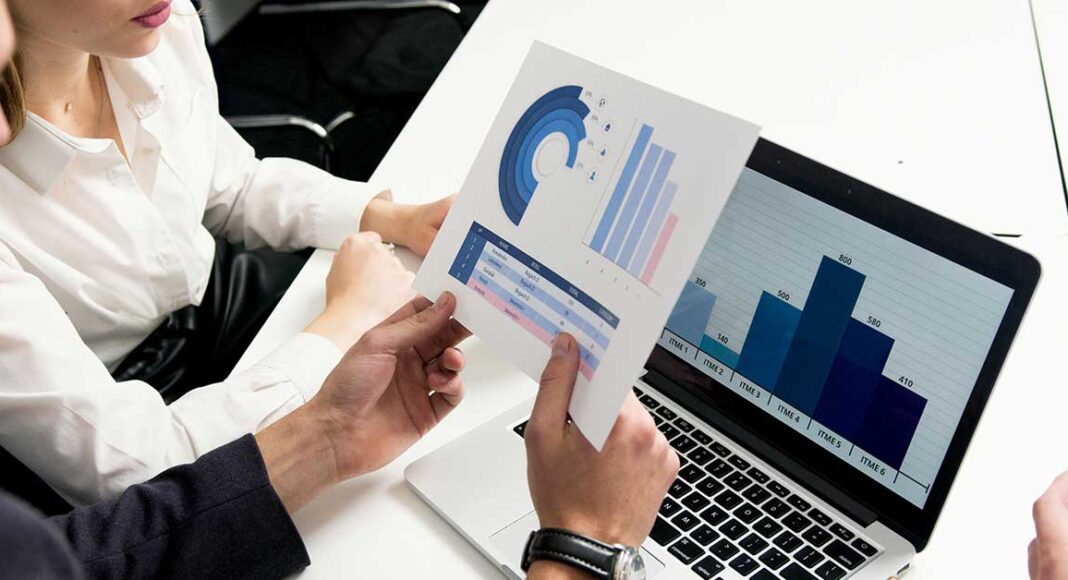Tools and techniques of management accounting are used to improve the internal purposes of any business or organization. Knowing about the management account and its tools and techniques is important.
What Is A Management Account?
A management account is a branch of accounting. Managers can make choices that are good for the organization with the help of a management account. It is a system of accounting in which accountants generate statements, reports, and papers about corporate performance. This accounting branch is utilized internally to help the firm achieve its business goals.
A management account is defined by considering the information in both qualitative and quantitative ways. Accountants can provide reliable information about firm operation indicators by using management accounting. A management account expert analyzes an organization’s financial information that helps develop the business goals.
Tools And Techniques Of Management Accounting
Financial planning
The basic goal of any corporate organization is to produce the highest profits. Financial planning plays a crucial role in achieving these profit targets. So it is one of the best tools for reaching business objectives.
Financial statement analysis
The process of analysing and interpreting data from balance sheets and income statements involves extracting relevant information for management to assess finances, financial stability, profitability, activity, and managerial performance. Management Accounting regularly uses financial statement analysis methods such as ratio evaluation, comparison financial statements, common-size statements, and trend monitoring to analyse and evaluate financial statements.
Fund flow analysis
The Fund Flow Statement shows the incoming and outgoing flows of funds from the enterprise’s various activities throughout a particular accounting period. A fund flow statement is prepared at the end of an accounting period to perform this type of analysis.
Cash Flow Examination
This is an in-depth analysis of a business’s transfers and withdrawals of money and its equivalents throughout a specific financial period. It is also prepared at the end of the accounting period. Cash Flow Analysis is commonly used as a management accounting tool for efficiently and effectively controlling a company’s cash.
Costing techniques
Management Accounting uses costing approaches including marginal costing, standard costing, and differential costing to control costs and make decisions.
Budgetary control
Budgetary control includes creating budgets, comparing actual results to budgeted estimates, identifying deviations, and implementing corrective procedures. It is a critical instrument used in management accounting to regulate, plan, and evaluate an enterprise’s performance.
Statistical and operational research methods
Management Accounting commonly uses a variety of statistical and operational research methods as instruments in the organization’s evaluation and decision-making methods, including charts, graphs, index numbers, selection, series of data, regression analysis, linear programming, games theory, and the Programme Evaluation and Review Technique (PERT).
Responsibility accounting
Responsibility accounting is the process of creating budgets for different responsibility centres and giving managers particular tasks to complete to follow the budget’s instructions. As a management accounting technique, responsibility accounting is frequently employed in the cost control process.
Management reports
This is the report about effectively planning, controlling, evaluating, and making decisions. Management reporting includes creating and submitting statements on the outcome of various tasks at regular intervals. A common and crucial tool in management accounting is management reporting.
Forecasting and trend analysis
These mostly address changes in product prices. The generated data makes finding odd patterns and effective methods to locate and address the underlying problems easier.
Also Check: All SMO TOOLS – Best Social Media Optimisation Tools
Importance Of management accounting
- It provides previous and current data, which is helpful for business growth and forecasting.
- Management accounting analysis and calculation of the data that is useful for decision-making.
- It gives both qualitative and quantitative information.
- Management accounting helps in achieving goals by analysing and planning the growth and everything related to business.
- It increases the profit of the business.
Objectives of management accounting
- Data analysis: In management accounting, information is gathered so that professionals may determine how the company is expanding. Financial professionals can also predict future market patterns using previous information.
- Maximize business profit: Management accounting maximizes the business profit by financial analysis, collecting data, and making decisions. It analyses the organization’s functions.
- Identifying inconsistencies: Professionals can evaluate and spot inconsistencies by using trend analysis of financial documents. To accomplish the corporate objective, this will enable management to modify the current strategy.
Advantages of management accounting
- Management accounting helps in making decisions effectively regarding business purposes.
- It helps in preparing the perfect plan for profit, budget, and capital investment.
- Tools and techniques of management accounting help to organise the business in a perfect way that leads to growth and stability of the business.
- It evaluates governmental policies and social and economic dynamics, which is part of management accounting.
- Information is presented simply and purposefully in management accounting.
Disadvantages of management accounting
- It depends on the provided data, which is the primary source of the fundamental data. If the provided data is not correct, then the whole operation will be affected.
- It decides by analysing the previous data for future growth, but by evaluating the previous data sometimes it may not be the correct prediction.
- It has a lack of objectivity.
- Sometimes applications may be complicated.
- It cannot make the final decision on its own; it simply serves as a tool to help the management make decisions.
Conclusion
Management accounting aids in the analysis and documentation of financial data that a business may utilise to boost production and efficiency. Using simple methods like traditional pricing, marginal costing, project evaluation, and control accounting, it displays the financial data at regular intervals. However, financial statements are the only source of information needed to make managerial decisions. Thus, it becomes crucial to keep records free of errors. Despite several drawbacks, it is a helpful tool for improved corporate administration.
Also Check: What Are The Types Of Business Communication?
